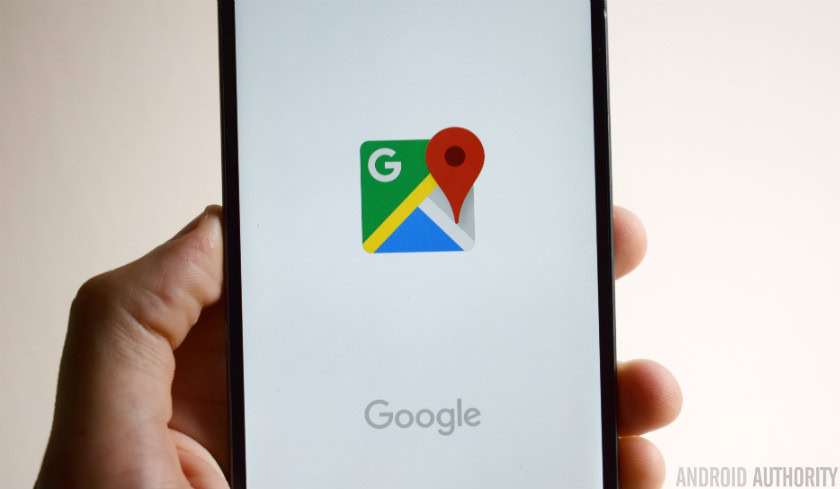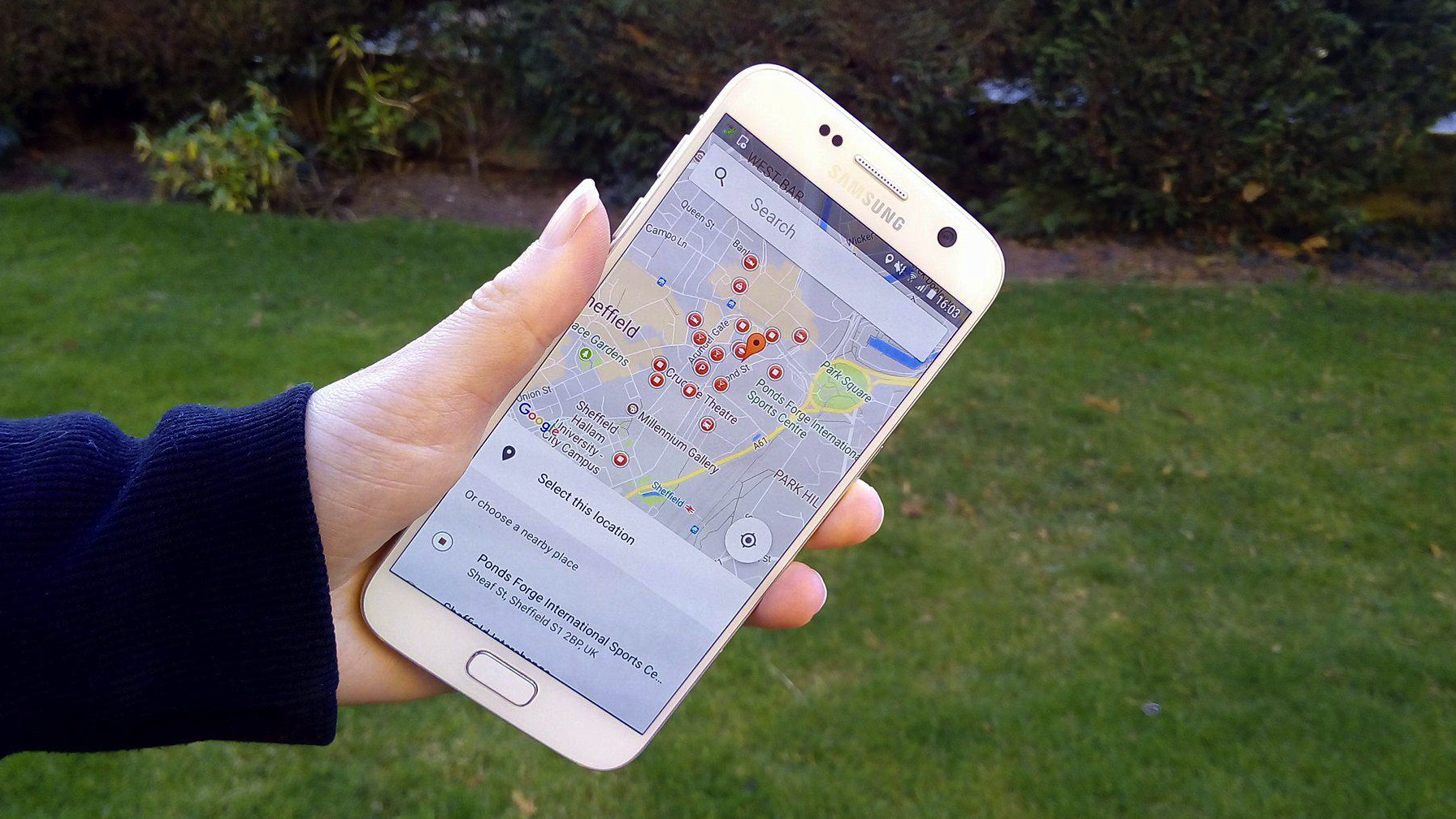Affiliate links on Android Authority may earn us a commission. Learn more.
Google wants to help save 10,000 lives each year with new 911 technology
Published onFebruary 18, 2018

- According to The Wall Street Journal, Google is testing a way to provide precise location data of 911 callers to 911 operators in the US.
- Depending on the situation, shaving a minute off response times could save as many as 10,000 lives each year.
- Google says that it hopes to implement the technology across the US sometime this year.
The Wall Street Journal reports that Google tested its new 911 location-sharing technology in December and January and that the results were promising. According to federal regulators, having precise locations of 911 callers could help save tens of thousands of lives each year.

When 911 calls are made, each minute is precious. Depending on the situation, shaving a minute off response times could save as many as 10,000 lives each year. However, currently in the US, when someone makes a 911 call using a cellphone, the caller’s location data is delivered by their wireless carrier. The problem is that these estimated location data are often imprecise, costing public-safety officials extra time to respond to emergencies. That’s why public-safety officials and advocacy groups have been pressuring companies like Google and Apple to share their location data and assist in emergency situations.
Wireless carriers' estimated location data are often imprecise, costing public-safety officials extra time to respond to emergencies.
While it’s not clear whether Apple has plans to respond to the growing public pressure, Google is apparently testing more effective and precise ways to pinpoint 911 callers in the US. According to The Wall Street Journal, the search giant conducted a test run this past December and January, in partnership with West Corp and RapidSOS. Using its location data, Google worked with 50 911 centers across Texas, Tennessee, and Florida, providing “an average location estimate radius of 121 feet.”
As Jennifer Estes, 911 Director in Tennessee’s Loudon County, explains, these efforts do make a substantial difference, especially when the caller is not able to communicate with the 911 operator what their emergency is (due to language barrier, disability, etc.). As Ms. Estes adroitly points out, in these kinds of situations, without precise location data, 911 operators would spend a significant amount of time trying to locate the caller, which is problematic because “seconds save lives.”
Google’s location technology is available in 14 countries around the world, but not in the US – not yet anyway. The company states that it hopes to implement the technology across the US sometime this year.